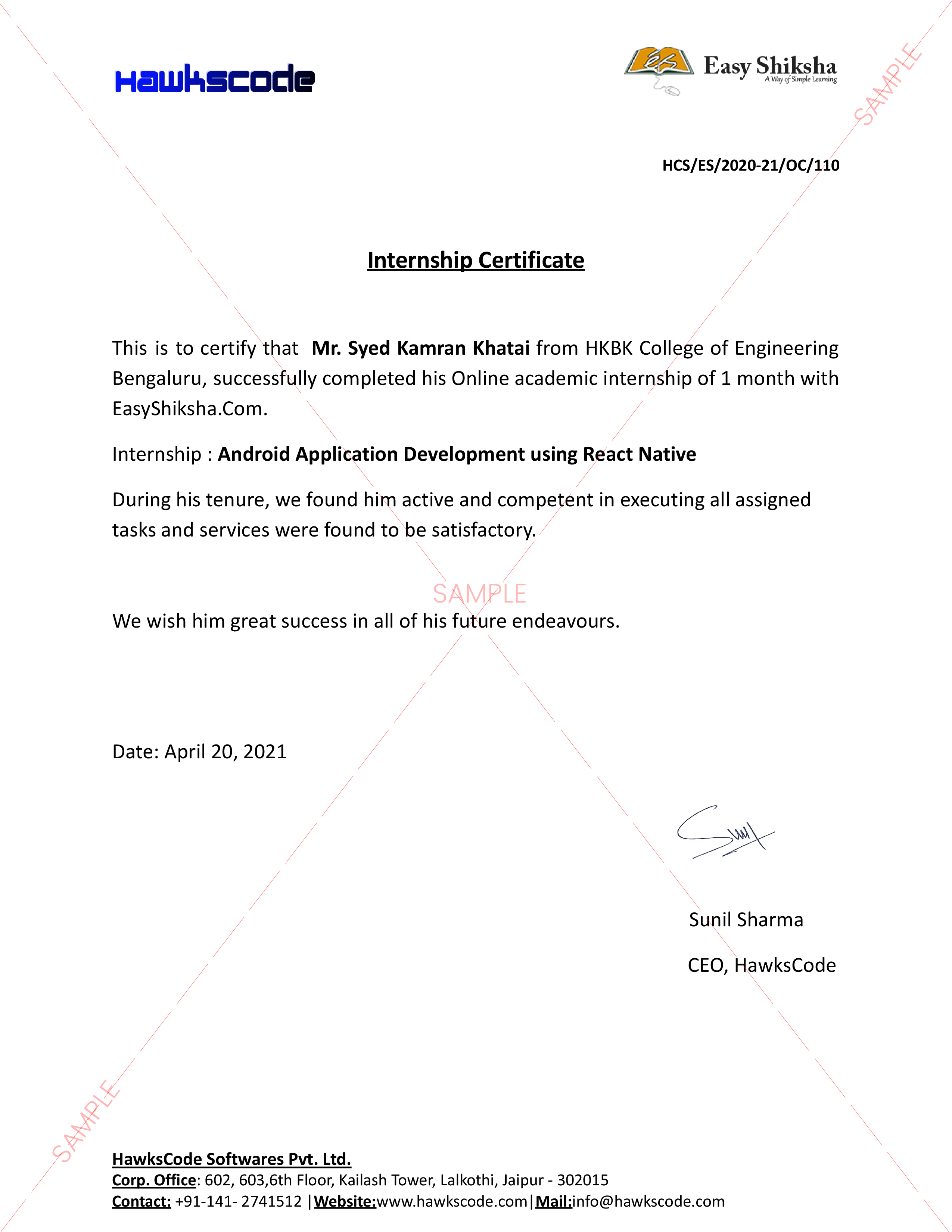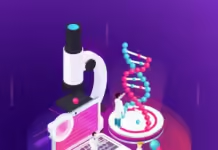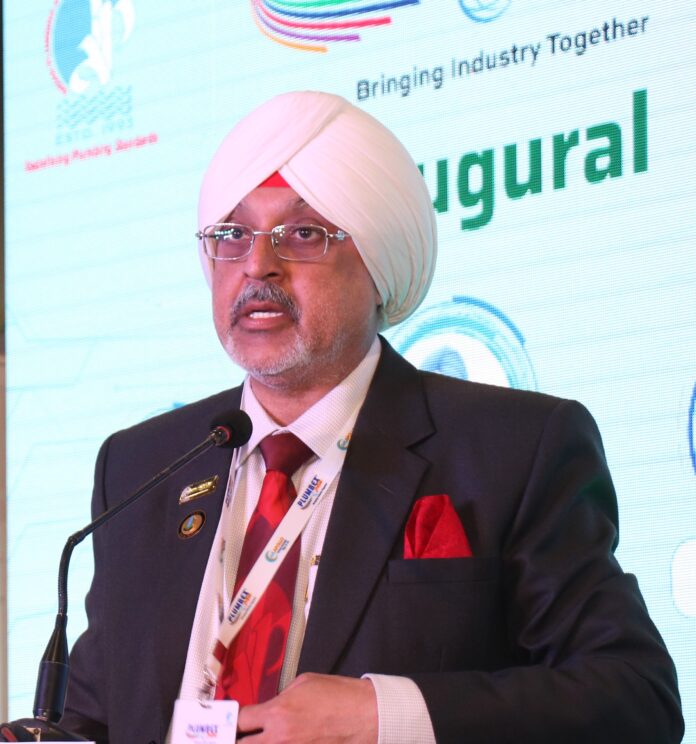As we are all dependent on water for survival and energy, sustainable water management is an urgent necessity. Only 1% of the world’s wastewater is available. The pressures on freshwater sources are increasing. Water demand is steadily outpacing supply, and this is expected to increase by 40% by 2030. The availability of freshwater resources is a massive challenge that people all over the world are dealing with.
Given this scenario, there is an increasing need to effectively use all available forms of water, including wastewater, which was once used but is now an untapped resource. Despite the known benefits of preventing water resource pollution and contributing to sustainable production and consumption systems, wastewater treatment and reuse practices are limited in India. Water is too valuable to be utilized only once. India accounts for 18% of the world’s population but only accounts for 4% of the world’s freshwater resources. It is already water-stressed, with only 1,544 cu m per capita available. Major measures must be implemented quickly to make water use more sustainable, efficient, and directed by a greater grasp of how our water resources can be handled effectively to benefit future generations.
With a water crisis gazing urban India in the head, it’s necessary to study how Singapore turned its water story around. Singapore, despite being one of the world’s rainiest countries, suffers from water scarcity.
Singapore relies on rain and imports fresh water from Malaysia. Lack of water has compelled it to create potable, municipal, and industrial water through recycling and renewal, resulting in “New Water.” To increase self-sufficiency, the government has created an advanced sewage treatment system that includes a network of tunnels and high-tech plants. The city’s sewage is being treated with increasingly sophisticated membrane technologies to produce New Water. Singapore now has ultra-clean water that exceeds WHO drinking water standards.
Recycling waste water to supplement drinking water supplies is one of the most significant untapped opportunities for communities to alleviate water stress. This type of recycling has significant social, environmental, and economic benefits in addition to helping to alleviate stresses on water sources such as lakes and rivers in India. It is our responsibility as water managers to provide safe, clean water. Water scarcity, which necessitates diversification to alternative water supplies, is the most significant driver for wastewater treatment and water reuse.
When it comes to water scarcity, industrial water usage is rarely given the attention it deserves. While water usage in industries is one issue, wastewater discharge, which can massively pollute our rivers, is another. Industries can play an important role in managing their water usage sustainably and rethinking how they manage their wastewater. Industrial water reuse has advantages , industries that recycle and reuse enhance the safety of their industrial water supply. They also significantly improve water supply security by providing more fresh water for other uses such as agriculture as well as potable supply. Cooling and boiler make-up water are the two most common applications for industrial water reuse. Water recycled within an industrial facility or reclaimed from another facility’s effluent can be reused by industry. As another source of reuse, the constant flow from municipal sewage plants presents an appealing option.
In other words, wastewater refers to water that has previously been used for domestic, industrial, or commercial purposes. Household practises such as washing, bathing, and using the restroom end up producing waste water, whereas industrial wastewater is produced by activities such as manufacturing and production. Industries and households can definitely rethink their wastewater usage and maximise its potential with appropriate waste water reuse technology and proper implementation.
Visit EasyShiksha for skill development

































































